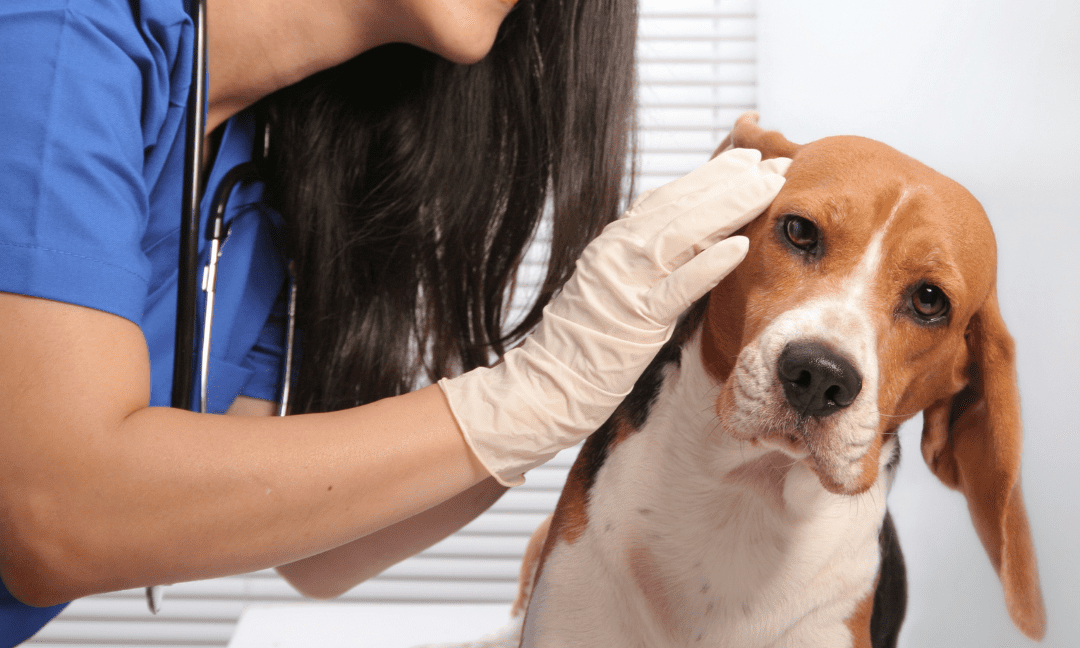Dog ear infections may be very common, but they’re not always easy to spot or diagnose. The canine ear canal is a relatively small and delicate area that can easily inflame for a variety of reasons. As a dog owner, you need to identify the symptoms and treatment options available to consider when your pup has the condition.
Types of Dog Ear Infections
Otitis is the medical term for ear infection. Your fur baby could get one of these three types depending on what part or parts are infected:
- Otitis Externa is the most common type of infection that affects the outer ear canal.
- Otitis Media is when your pup’s middle ear gets inflamed. It develops into a severe condition affecting the inner part of the ears.
- Otitis Interna is when inflammation occurs within your pooch’s innermost ear cavity. If left untreated long enough, it may lead to permanent damage to your dog’s hearing.
Causes and Contributing Factors
Bacteria/Yeast Overgrowth
Dogs with floppy ears (e.g. Beagle, Basset Hound and Poodle) are especially at risk. It is not easy to clean their ears, and moisture and bacteria often accumulate in the area. On the other hand, yeast overgrowth can develop due to improper antibiotic use when your dog has allergies.
Other contributing factors to developing dog ear infections are:
- Allergies
- Hormonal imbalance
- Foreign bodies (e.g. trapped water or moisture, small toys, sand)
- Excess hair in the ear canal
- Earwax build-up
- Parasites
- Physical trauma like scratches, wounds
Symptoms
Dog ear infections can be painful and irritating for your furry friend. Therefore, you will most likely see apparent changes in their behaviour if they have it. Watch out for these signs:
- Ear redness and swelling
- Fever of 38 C (100 F) or higher
- Tugging or pulling at an ear
- Trouble sleeping/Restlessness
- Trouble hearing or responding to sounds
- Loss of balance
- Reluctance to chew
- Fluid discharge from the ear that has a foul odour
- Loss of appetite
- Unusual eye movement
Treatment
The most common treatment is antibiotics. However, since a variety of reasons can cause dog ear infections, proper diagnosis is vital. It’s best to contact your veterinarian if you suspect any issues with your pup’s ears in order to get treatment as soon as possible.
Give Your Fur Baby Extra Love When They Have Dog Ear Infections
When your dog has an ear infection, they will need extra care from you. Understand that your fur buddy is in a lot of pain and discomfort. Although it is prevalent, dog ear infections can lead to serious health problems if left untreated. So be aware of the signs and seek medical advice from your vet right away.


